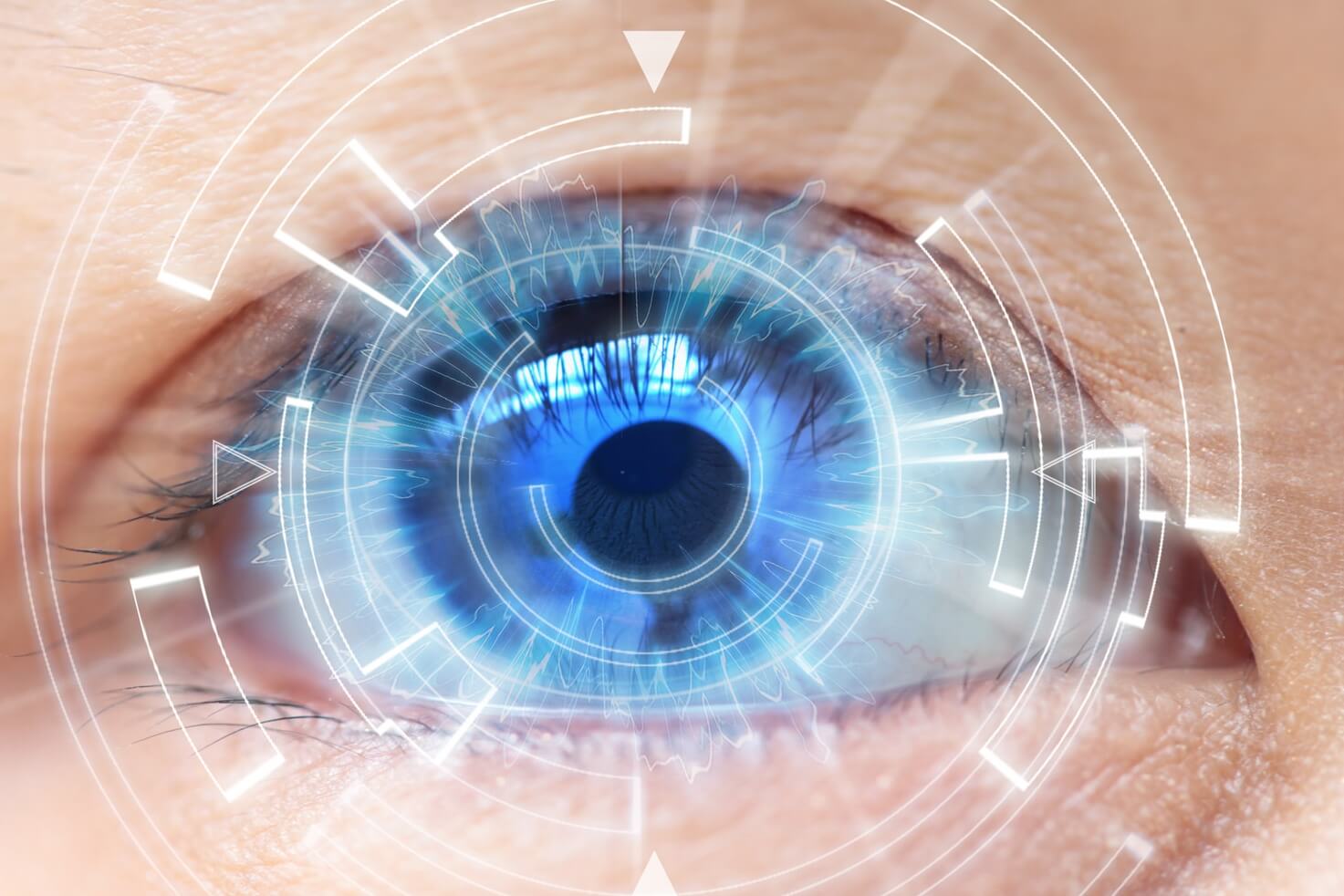When you're being evaluated for cataract surgery, you'll need to consider the type of lens implant that you want. There are several options available to you, and you should consider your daily activities when deciding which lens to use - the various IOL types provide a variety of different benefits.
While monofocal lenses only provide focus at one distance, multifocal lenses allow for vision at multiple distances, which means they can correct near, intermediate, and far distances. These are a more popular option for those who want to reduce their reliance on glasses.
As each type of intraocular lens has advantages and disadvantages that differ depending on your refractive condition, such as far or near-sightedness or astigmatism, we've created this short guide to help you make an informed decision.
Multifocal Lenses Vs. Monofocal Lenses: Pros and Cons
Monofocal lenses are common lenses that provide excellent vision at a single distance. Patients with near-sightedness or farsightedness may benefit most from this type of lens. Furthermore, insurance companies frequently cover monofocal lenses, so you may not have to pay anything out of pocket. On the other hand, Multifocal lenses allow you to see clearly at a distance and up close. This is a specialty lens that may not be fully covered by insurance; however, it does provide you with more vision flexibility.
There are a variety of options like multifocal, monofocal and trifocal lenses for cataract surgery. You and your ophthalmologist will need to carefully consider your lifestyle to determine which lens is best for you.
Multifocal Lenses
These lenses allow for distance, intermediate, and close focusing. The majority of these lenses have concentric rings etched into the surface that would enable images from various distances to be focused on the retina. As a result, people take a little longer to adjust to them. The focusing power provided by these lenses differs from the normal focusing power that most people had when they were younger adults. As a result, the brain must adapt to this new mode of concentration.
Advantages of multifocal lenses:
A large percentage of people, approximately 95%, find that they no longer need to wear glasses for their activities after having these lenses implanted.
Multifocal lens cataract surgery can often provide excellent distance and near vision, so if you work at a computer all day, it may be the best option.
Disadvantages of multifocal lenses:
When looking at lights at night, between 5% and 10% of patients who choose this lens experience halo or glare, however, many patients quickly adjust to this. On the order of 5%, a small percentage of patients may require a lower power reading in dim working conditions or when looking at fine print such as medicine bottles.
Monofocal Lenses
Monofocal lenses are intraocular lenses that correct only for one distance, such as distance alone, whereas multifocal lenses are correct for all distances, including distance alone. It also has intermediate and near vision. Although monofocal lenses are the most commonly used after cataract surgery, multifocal lenses have become a popular trend in vision correction over the last decade or so.
Advantages of monofocal lenses:
According to the best ophthalmologist in Mumbai, if you have astigmatism, you may be able to have it corrected with a toric/enhanced monofocal lens, which may improve your vision more than a standard monofocal lens.
If you still need glasses after your surgery, you may find that you have better low-light vision than you would have had if you had chosen multifocal lenses.
Disadvantages of monofocal lenses:
If you choose to improve your distance vision, you will still need to wear reading glasses. This also works in reverse: if you have chosen to improve your short-sightedness, you may need to wear distance glasses, such as when driving.
Are you looking for the best eye doctor in Mumbai?
Vission Eyes has the best ophthalmologist in Mumbai that are highly trained and have many years of experience performing cataract surgery in Mumbai using the most up-to-date techniques. We provide a relaxed and friendly environment for patients and their families. After the cataract procedure, patients can return home and resume their normal activities.







